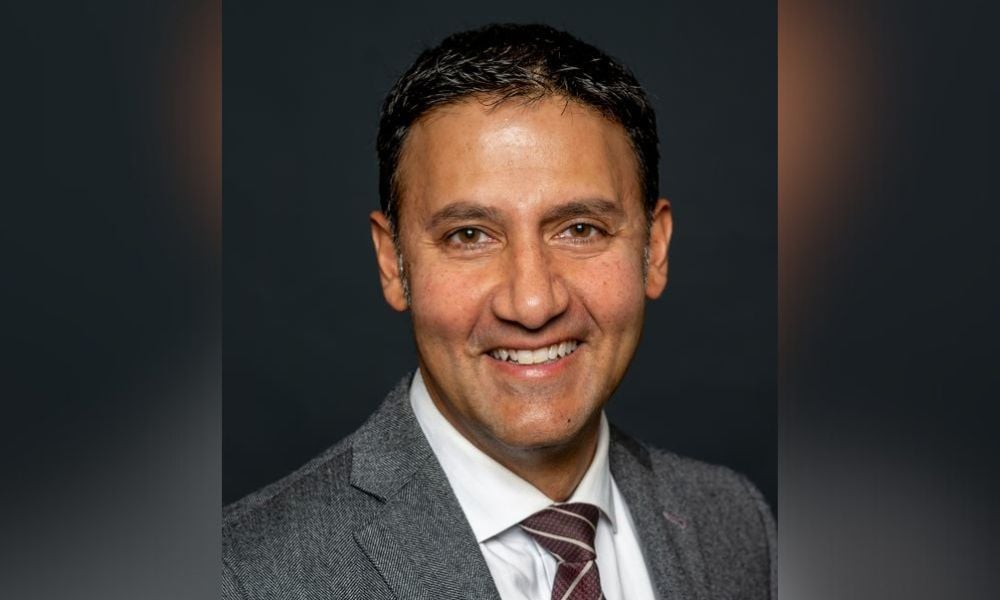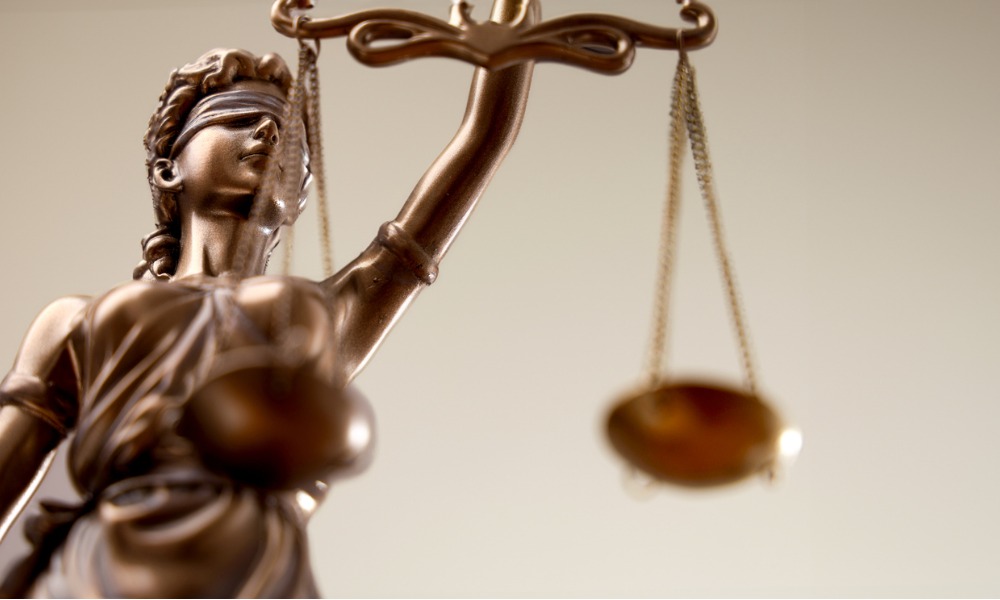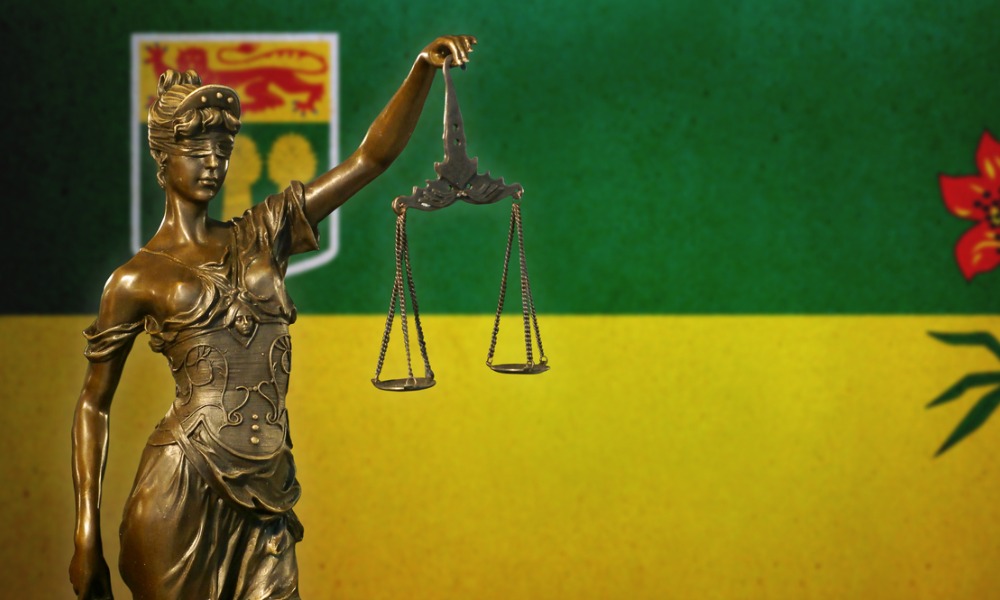KPMG survey shows deep concern with ESG fraud among Canadian businesses

In a recent survey of 300 Canadian businesses that have been vitcimized by fraud, KPMG found that nearly 90 percent of respondents said they faced “intense scrutiny” to demonstrate progress on ESG targets and were concerned that these pressures increase the risk of ESG-related fraud in their organization.
According to the survey, 24 percent of the respondents had experienced ESG-related fraud in the last five years. Eighty-nine percent said stakeholders increasingly demand proof of ESG records, and 81 percent are concerned their organization could inadvertently commit ESG fraud.
Historically, ESG has primarily been a voluntary exercise. That is changing. Bill S-211, the Fighting Against Forced Labour and Child Labour in Supply Chains Act, came into force last year and requires businesses and other organizations to report annually on the human rights conditions in their supply chains.
Mandatory climate-related disclosures are also on the horizon. The International Sustainability Standards Board (ISSB) released two sustainability disclosure standards: IFRS S1 General Requirements for Disclosure of Sustainability-related Financial Information and IFRS S2 Climate-related Disclosures. The Canadian Sustainability Standards Board, which works to advance the adoption of sustainability disclosure standards, recently launched a consultation to develop a revised Canadian Securities Administrators rule concerning climate-related disclosure requirements.
When ESG disclosure lacked a legal mandate, there was typically minimal-to-no input from legal counsel, says Conor Chell, an environmental and regulatory lawyer and KPMG’s national leader, ESG legal risk and disclosure.
“That's one thing that needs to change,” he says. “We're advocating with our clients across the board to involve legal counsel early and often, especially as we move towards that mandatory reporting environment.”
The survey confirms that greenwashing – where organizations fraudulently embellish their environmental record – is a “widespread problem,” says Chell. Eighty-nine percent of the respondents said ESG fraud was an emerging litigation risk. However, he says only around 14 percent had ESG compliance programs modelling best practices.
As with any type of fraud, says Chell, incentives tied to ESG metrics and targets breed potential risk. He expects ESG litigation, which is on the rise, will continue to increase globally as mandatory ESG disclosure comes into effect and a significant uptick in regulatory investigations and enforcement follows.
Last April, the US Securities and Exchange Commission launched an enforcement task force to fight greenwashing. Canada’s Competition Bureau has initiated several greenwashing investigations recently and recently announced a new online complaint form where anyone can submit an allegation of greenwashing for the bureau to investigate.
“You put all those things together, we're moving into an environment where ESG legal risk is going to be increasing significantly for most organizations of any size or significance across Canada,” says Chell.










